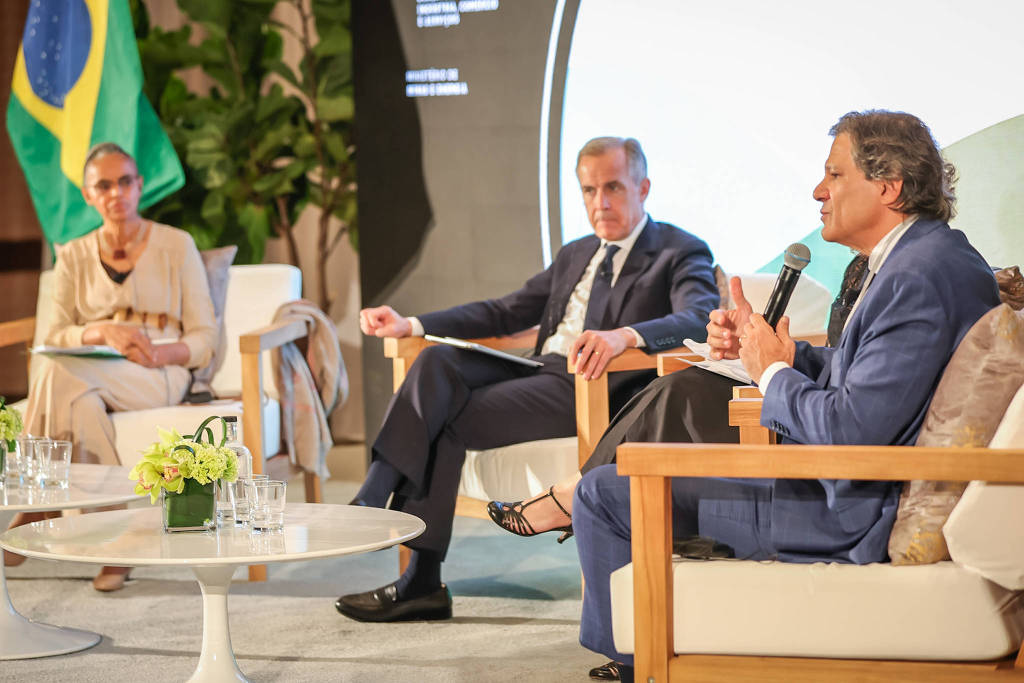
Published 10/24/2024 11:50 | Edited 10/25/2024 08:19
Chaired by Brazil, the G20 approved this Wednesday (23), in Washington (USA), a roadmap that aims to reform the MDBs (multilateral development banks) in an attempt to make them more capable of achieving the sustainable development objectives set out by the UN (United Nations).
The plan foresees operational reforms, increased financial capacity and greater cohesion among banks, in addition to stimulating private investments and domestic resources to boost global development.
BMDs are public financial institutions that aim to finance projects that stimulate the economic and social development of countries that are clients of these banks. The IDB (Inter-American Development Bank) and the World Bank are examples of MDBs.
The Minister of Finance, Fernando Haddad, celebrated in Washington that night, the progress towards the reforms of the MDBs.
“In this sense, increasing the impact of Multilateral Development Banks in promoting development is a top priority of the G20 Roadmap. To achieve this, it is essential that banks improve their results matrices and adopt more diverse and inclusive leadership structures, both in terms of gender and geographic representation. Ensuring that the voices of developing countries are heard and included in governance and decision-making processes is essential to strengthening the legitimacy and effectiveness of these institutions,” said Haddad in his speech at the opening dinner of the 4th Meeting of Ministers of Finance and G20 Central Bank Presidents.
For the minister, “as we move forward with these reforms, robust monitoring mechanisms will be essential. The International Financial Architecture Working Group will play a central role in ensuring that the actions outlined in the G20 Roadmap are delivered with the necessary ambition and urgency. We must establish a collaborative and dynamic process to track progress and respond to emerging challenges.”
The Finance Minister also said that the document received contributions from experts, underwent consultations with civil society and other coordination mechanisms with public development banks. “The negotiation also included the active participation of multilateral development banks, individually or through the Group of Presidents of these institutions,” said Haddad.
One of the focuses of the reform must be the increase in private investments that help overcome the low leverage rate of banks. The measure also includes the mobilization of domestic resources and greater incentives to use financing in local currencies.
“By strengthening national systems and expanding concessional resources, banks will be better prepared to provide targeted support to nations struggling to achieve their sustainable development goals and address global challenges,” Haddad explained.
Source: vermelho.org.br

